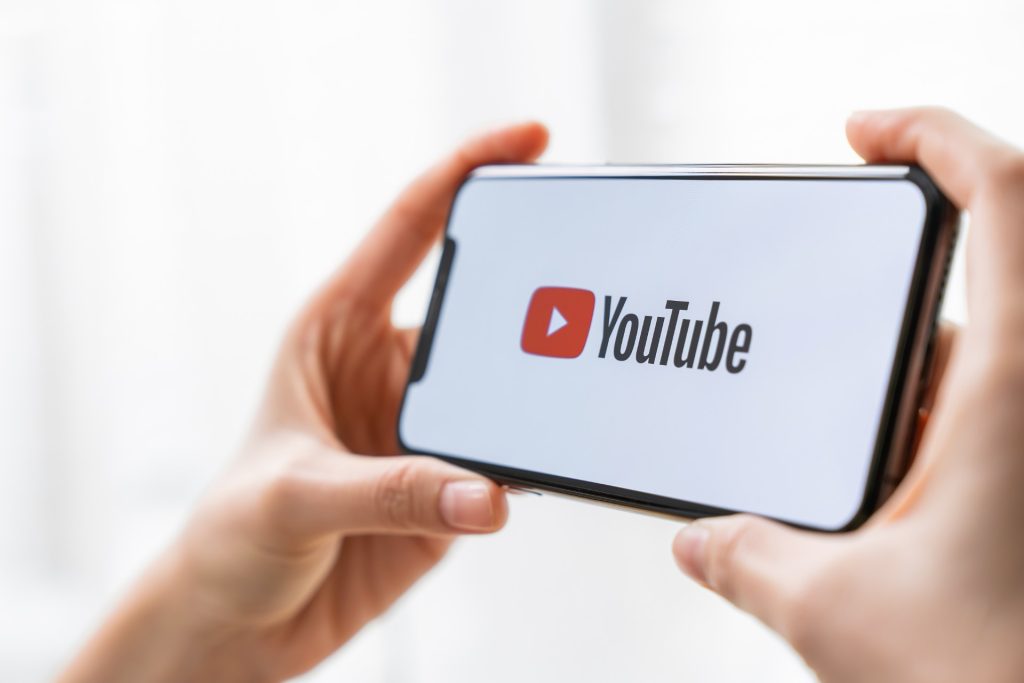Millions of users are frustrated.
Others are reading now
Russian authorities have reportedly instructed the country’s largest telecom operators to significantly slow down YouTube video playback speeds to just 128 kilobits per second.
This information was shared with Meduza by an insider within the Russian telecommunications industry.
The imposed speed limit of 128 kbps is enough for basic audio streaming or video playback at a low resolution of 240p, but it’s far from ideal for modern video streaming needs.
For users who attempt to watch videos in higher resolutions, the experience will be marred by slow loading times and frequent buffering. This makes YouTube nearly unusable for anything beyond basic functions.
Also read
The slowdown reportedly began at midnight on August 1.
This strategy mirrors previous actions taken against other social media platforms like X (formerly Twitter), where similar restrictions were put in place.
Possible Reasons
The slowdown is reportedly being enforced by Roskomnadzor, Russia’s media and telecommunications regulator, using special equipment installed on telecom networks.
According to the source, the slowdown is a deliberate move by the government, not due to technical problems with Google’s servers in Russia, as some had suggested.
It seems the Russian government is trying to put pressure on Google, which owns YouTube, without fully blocking the platform. By making YouTube difficult to use, they may be hoping to force Google into some kind of response. However, there has been no official statement about what might happen next.
A message shared on a Telegram channel showed that a Moscow-based internet provider had warned its customers about the YouTube slowdown, suggesting that other Google services in Russia could also be affected in the future.
What’s Next for YouTube Users in Russia?
For now, YouTube will keep working, but with much lower quality. While mobile users are experiencing less of a slowdown, the overall experience is still deteriorating.
It’s unclear what the Russian government plans to do next, leaving users and telecom companies uncertain about the future.
“If they want YouTube to just open and cause pain, then this is the perfect scenario,” the source said, implying that the situation could get even worse.
This approach allows the authorities to avoid completely blocking YouTube while still making it very difficult for people to use.


